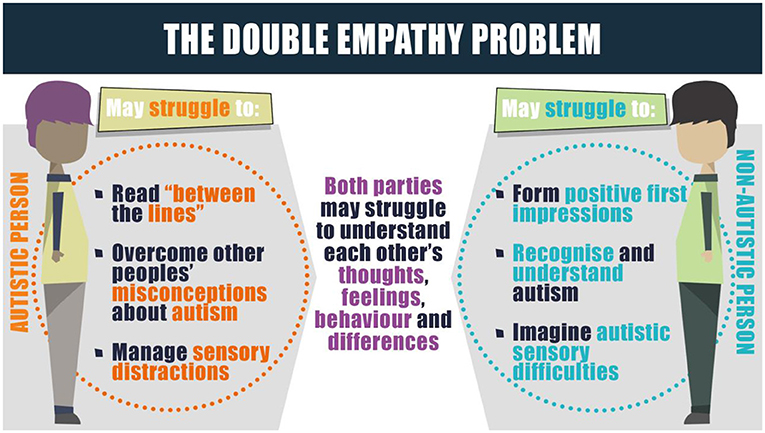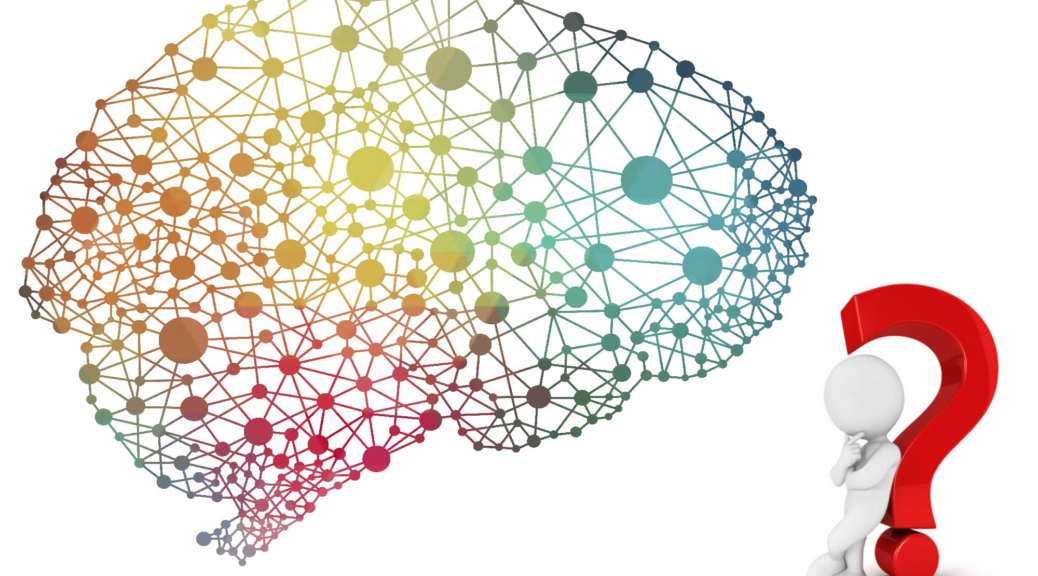The meaning of the double empathy problem
Traduction française (merci beaucoup, Autisme et Société!) Well, it’s been a while… I must confess that I haven’t written a single blog post in a few years – and haven’t posted any in a couple of years. I got busy and distracted, and I guess the idea of writing blog posts turned gradually into a chore instead of what it was supposed to be – a nice way for me to share thoughts without going through the rigmarole of peer…




